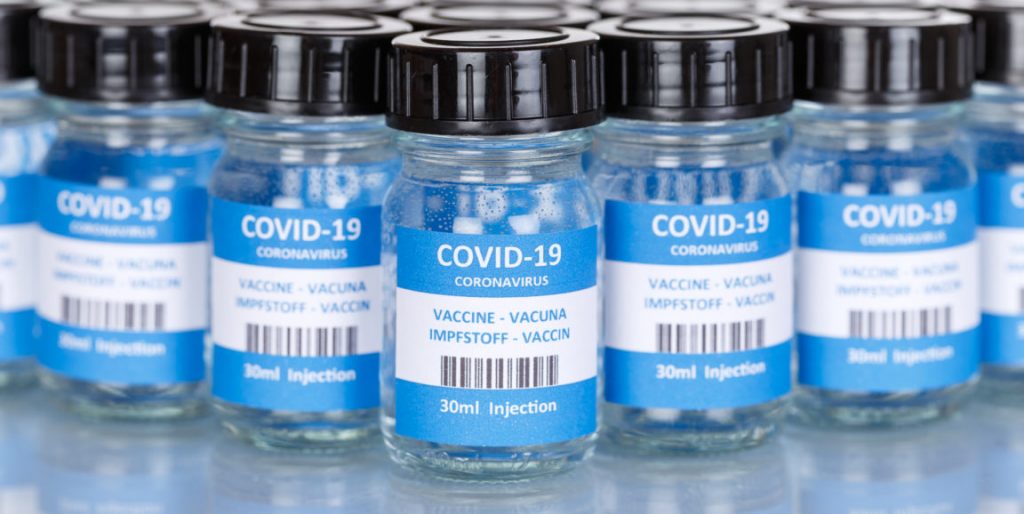Manas Dasgupta
NEW DELHI, Sept 21: Even as US is opening its doors for travellers from India from November, the UK’s refusal to recognize Indian vaccines and compulsorily quarantining all Indian travellers has evoked sharp protests from the people and the government in the country.
India has threatened to take “reciprocal measure” if the UK government refused to recognize “Covishield” vaccine and insisted on compulsory quarantining all travellers from the country.
Shockingly, the UK has taken just the opposite stand of the US which has so far recognized only “Covishield” vaccine and decided to reopen in November to all air passengers from India who are fully vaccinated against coronavirus.
The UK government in its latest travel advisory to come into effect from October 4 stated that all travellers from India and a few other countries irrespective of having fully taken vaccines, would be treated as “unvaccinated” and would be required to undergo compulsory 10-day quarantine and two Covid-19 states within the period at their own expenses. The UK government also said the advisory would remain in force till the next review was conducted in 2022.
Strongly reacting the UK government’s advisory, which some Congress leaders described as “bizarre, discriminatory and smacked of racism,” the foreign secretary Harsh Vardhan Shringla said on Tuesday that the UK government’s decision not to recognise Covishield as a legitimate anti-Covid vaccine was “discriminatory” and it was within India’s “right to take reciprocal measures” if the matter was not resolved. Shringla cautioned that the move badly impacted Indian citizens travelling to that country.
“The non-recognition of Covishield is a discriminatory policy and impacts our citizens travelling to the UK. The External Affairs Minister has raised the issue strongly with the new UK foreign secretary. I am told that certain assurances have been given that this issue will be resolved,” Shringla said at a press conference in New Delhi.
His comments came on a day Foreign Minister S Jaishankar tweeted about discussing the matter with the British Foreign Secretary Liz Truss on the sidelines of the high-level 76th session of the UN General Assembly. The meeting in New York took place the same day as the UK announced new Covid-related travel restrictions that sparked sharp criticism and concerns in India.
According to these new rules, Indian travellers who have received both doses of the Covishield vaccine manufactured by the Serum Institute of India (SII) will be considered unvaccinated and will have to undergo self-isolation for 10 days.
Covishield was developed by researchers at the University of Oxford and pharma giant AstraZeneca. It was one of the two vaccines deployed by India — Covaxin being the other — in its nationwide Covid vaccination drive launched this January by Prime Minister Narendra Modi.
Covaxin was developed by Hyderabad-based Bharat Biotech in collaboration with the Indian Council of Medical Research and is still awaiting recognition by the World Health Organisation while “Covishield” has already been issued the emergency use authorization by the WHO. The expanded list of countries whose vaccines are recognised in the UK does not include India.
Amid criticism of the new British travel rules, the UK has said it was engaging with India to explore how it could expand the recognition of the COVID-19 vaccine certification issued by Indian authorities.
Asked about the concerns in India, a British High Commission spokesperson in New Delhi said, “We are engaging with the Government of India to explore how we could expand the UK recognition of vaccine certification to people vaccinated by a relevant public health body in India.”
Meanwhile, the US has agreed to make travel by Indians to the US easier from November allowing all “fully Vaccinated” air passengers. India is among the 33 countries from where fully vaccinated travellers will be allowed to enter. Effectively, “Covishield” is the only India-made vaccine that is in the list of approved vaccines as of now.
From November, the US will admit fully vaccinated air travelers from the 26 so-called Schengen countries in Europe, including France, Germany, Italy, Spain, Switzerland and Greece, as well as Britain, Ireland, China, India, South Africa, Iran and Brazil.
Soon after announcing the move, the White House clarified that the final decision on what vaccines would be accepted is up to the US Centers for Disease Control and Prevention (CDC). The top medical body of the country has said it consider a person “fully vaccinated” against coronavirus if they have received any FDA-authorised jab or any vaccine that has been authorised by the World Health Organization (WHO). Foreign nationals will need to present proof of vaccination before travel and will not be required to quarantine on arrival.
So far, only seven vaccines have been approved for use by the WHO. These include Moderna, Pfizer-BioNTech, Johnson & Johnson, Oxford-AstraZeneca, Covishield (an Oxford-AstraZeneca formulation) and China’s Sinopharm and Sinovac.
Made-in-India Covaxin, developed by Bharat Biotech, does not qualify as it has neither been approved by the WHO nor the US FDA. Covaxin is one of the six vaccines that have received emergency use authorisation from India’s drug regulator and is being used in the nationwide inoculation programme, along with Covishield and Sputnik V. The WHO approval for Covaxin is likely to come next month. The US had rejected the emergency use authorisation request for Covaxin in June.

